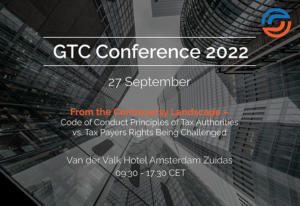PART OF THE PRECIS:
The World Bank Group, led by the Energy and Extractives Global Practice, has been at the forefront of offering advice on good practices, as well as on undertaking diagnostic visits and building capacity of developing countries on mineral tax administration. It has adopted a phased approach—wherein it undertakes research and disseminates findings through publication of the results which informs the development of training modules delivered through workshops. The first phase of work led to the publication of the sourcebook titled “How to Improve Mining Tax Administration and Collection Frameworks.”1 The document provides policy makers and other stakeholders with a framework to assess and process various types of royalties systems; principles of their administration including valuation points, costs deductibility, assessments and auditing; elements of mining specific components of corporate income tax; implications of some incentives and their possible impacts on tax payments; procedures for administering various types of payments to Governments, human resources, institutional collaboration, coordination, and capacity building; and information sharing required to drive compliance of mining taxation payments. The work has been more focused on revenues accruing starting from the development stage and on informing strategies to drive compliance of payments while acknowledging governance is also a significant influencing factor.
The need for a complementary study focusing on transfer pricing (TP), specifically in the context of mining in developing countries, was clearly identified by a number of reviews and workshops conducted by the World Bank Group (WBG) during phase one. This was later corroborated by a TP questionnaire administered to a large number of tax administrations in Africa,2 which indicated that while most administrations have in place or are in the processes of developing an adequate legislative basis to address TP issues, with a few exceptions, enforcement of TP rules to date has been modest or lacking all together. This state of affairs is attributable inter alia to the limited capacity of most tax administrations to deal with the complexity of TP issues in mining because of both a lack of specific TP expertise and of intimate knowledge of this industry sector, which is largely attributable to the current inadequacy of the resources that most African governments can direct to address this situation and access to relevant information from the taxpayers. This study has been conducted with cognizance of the G20/OECD’s BEPS Action Plan, the views expressed in the related discussion papers and industry’s comments, and its final recommendations released at the end of 2015.





